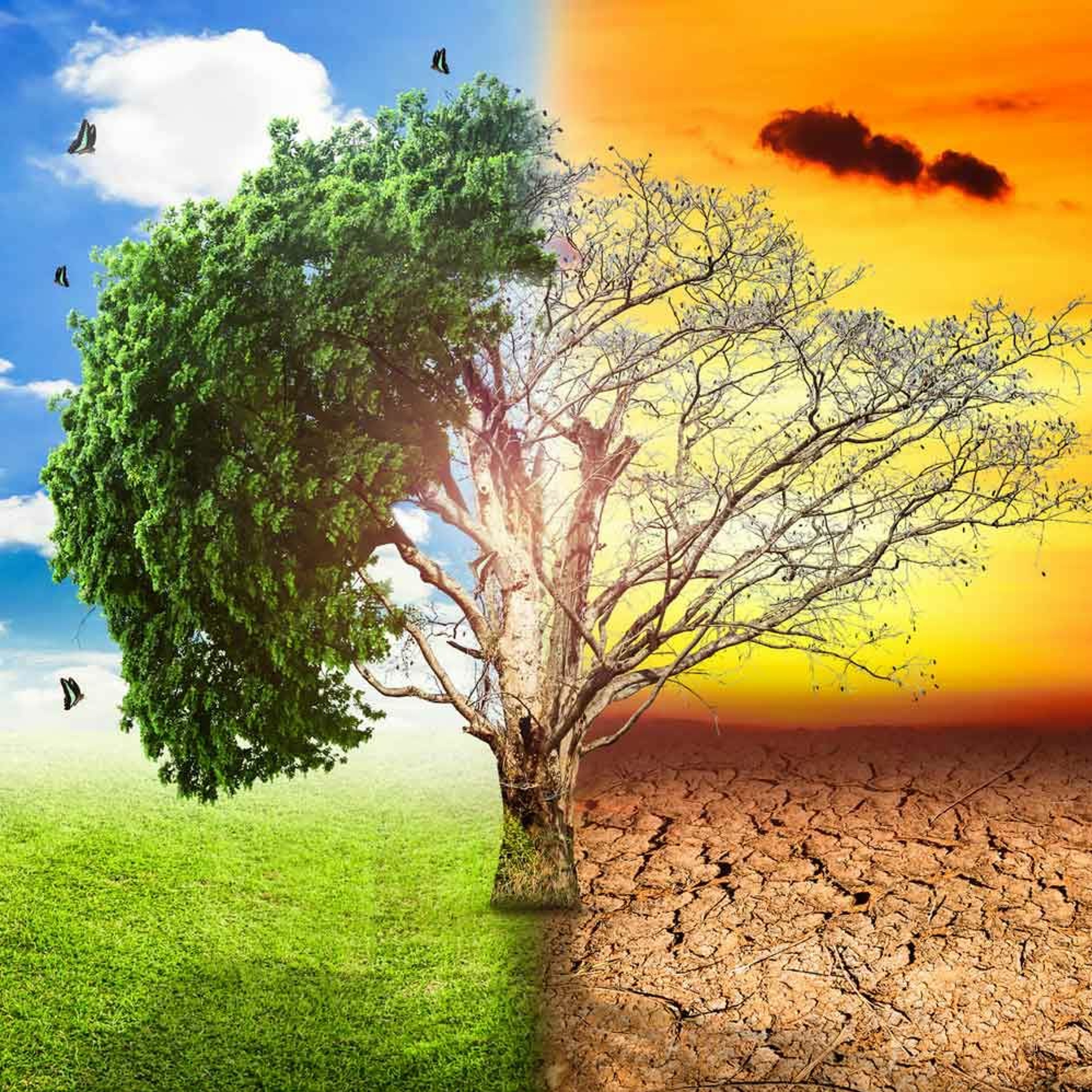
Copyright 2018 - The Energy Show - Barry Cinnamon
These days you can’t watch TV, read a news story or listen to the radio without seeing catastrophic fires, hurricanes, and high temperatures. The world is getting hotter. To illustrate, Death Valley recorded the hottest month ever recorded on Earth. Temperatures averaged 108.1 degrees day and night, all of July 2018. That beat last year’s record monthly temperature. This is not just a U.S. only story, it’s a worldwide issue. During the month of July 2018 record high temperatures were set on every single continent in the northern hemisphere (it was winter in the southern hemisphere).
Politicians, policymakers and leaders all over the world created the Paris Climate Agreement in 2016 — which every country in the world joined except for outcast Syria. Syria stepped up to the Paris Climate Agreement in 2017 — and then during the same year President Trump withdrew from the Agreement. The U.S. is the only country in the world that is not a signatory of the Paris Climate Agreement, the intention of which is to avoid a likely slow motion global warming disaster. We have been euphemistically describing this problem as “climate change.” Yes, the climate is changing, and it is getting hotter. So I am back to describing this looming catastrophe as “global warming."
There are a few scientists who still believe that this global warming is not caused by mankind, is part of a natural cycle, or is not really a problem (Iceland could be the new Costa del Sol). Nevertheless, according to ongoing temperature analyses conducted by climate scientists at the NASA Goddard Institute for Space Studies, the average global temperature on Earth has increased by about .8 degree Celsius which is 1.4 degrees Fahrenheit since 1880. Two thirds of the warming has incurred since 1975 at a rate of .15 to .2 degrees per decade. Natural processes are generally not linear -- this warming is speeding up. We may be getting close to a tipping point at which global warming dramatically accelerates, flooding coastal areas and creating conditions so hot in many countries that humans can no longer survive.
Please Listen up to this week’s Energy Show as we share various scientific and media perspectives on global warming. It’s time to panic and act.
view more
More Episodes
DIY Home Electrification Measures
 2023-06-06
2023-06-06
 2023-06-06
2023-06-06
Getting Started with Home Electrification
 2023-05-23
2023-05-23
 2023-05-23
2023-05-23
Fusion Power Breakthrough...Really?
 2022-12-21
2022-12-21
 2022-12-21
2022-12-21
Probably True Solar Stories
 2022-11-30
2022-11-30
 2022-11-30
2022-11-30
Smart Environmental Policy
 2022-11-02
2022-11-02
 2022-11-02
2022-11-02
Vampire Electric Loads in Your Home
 2022-10-28
2022-10-28
 2022-10-28
2022-10-28
Best Run Solar Companies
 2022-10-26
2022-10-26
 2022-10-26
2022-10-26
Solar for Commercial Buildings
 2022-09-14
2022-09-14
 2022-09-14
2022-09-14
Solutions to California's Power Problems
 2022-09-05
2022-09-05
 2022-09-05
2022-09-05
The Inflation Reduction Act
 2022-08-16
2022-08-16
 2022-08-16
2022-08-16
Global Warming – We’re Screwed
 2022-08-03
2022-08-03
 2022-08-03
2022-08-03
Community Solar with Crystal Huang
 2022-07-26
2022-07-26
 2022-07-26
2022-07-26
Best Ways to Compare EVs
 2022-07-14
2022-07-14
 2022-07-14
2022-07-14
012345678910111213141516171819
Create your
podcast in
minutes
- Full-featured podcast site
- Unlimited storage and bandwidth
- Comprehensive podcast stats
- Distribute to Apple Podcasts, Spotify, and more
- Make money with your podcast
It is Free
- Privacy Policy
- Cookie Policy
- Terms of Use
- Consent Preferences
- Copyright © 2015-2024 Podbean.com






